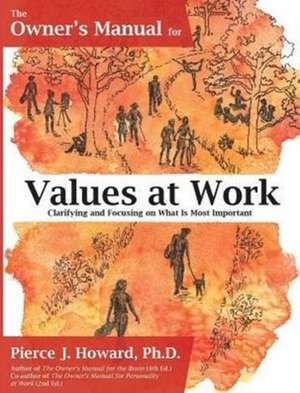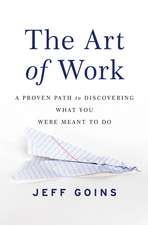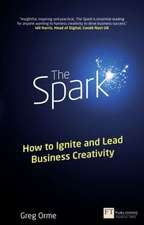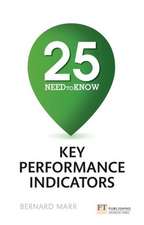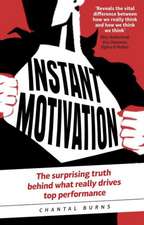The Owner's Manual for Values at Work
en Limba Engleză Paperback
In the 1970s, an educational movement called Values Clarification (VC) invigorated school curricula across the United States and elsewhere. As a school consultant, the author of The Owner's Manual for Values at Work was immersed in the VC literature and engaged in the practice of training teachers to use the seven-step VC model. He also adapted VC activities for use with adults and found them to be a valuable tool for adult development as well as child development. Who doesn't benefit from periodic scrutiny of how one expresses one's values?
In the 1990s, the author was no longer training teachers and schoolchildren but was working with adults. By 2010, he had written over a dozen books, including four major personality test professional manuals and an "Owner's Manual" series including The Owner's Manual for the Brain (4th ed.), The Owner's Manual for Personality at Work (2nd ed.), The Owner's Manual for Personality from 12 to 22, and The Owner's Manual for Happiness. Something was missing, however: He longed for a version of the VC literature that was both contemporary and focused on the world of work and adults. Nothing was available--the only current literature on values was pure theory and of no help to the typical human development professional.
Realizing that if it were to be it would be up to him, Dr. Pierce J. Howard began the development of three legs to support a VC stool: 1) a comprehensive assessment of personal values for use in the workplace, 2) another in the series of Owner's Manuals that would focus on the exploration and implementation of values in the workplace, and 3) a "toolkit" of scripts and activities that adult development professionals could use in coaching, consulting, and training.
The assessment--The Values Profile(TM)--was completed and launched in 2013. This book represents the second leg of the VC stool--a treatment of the history, theory, and application of values to the lives of adults. The third leg is a companion book to The Owner's Manual for Values at Work and is titled The Values Toolkit--a collection of eight scripts and 42 activities that cover topics such as motivating employees, relationship management, team development, leadership and sales training, the corporate values statement, and succession planning. The Toolkit is nuts-and-bolts practical and application-oriented and is available separately from this Owner's Manual.
The second leg of the stool, this Owner's Manual for Values at Work, contains a semantic map that articulates how values, morals, beliefs, virtues, traits, and other personality attributes interrelate. Based on the simple definition that values are what is important to us, the volume includes a comprehensive map of the Self, a detailed presentation of the set of 16 values researched by the Center for Applied Cognitive Studies (Charlotte, North Carolina), the impact of genes and culture on values, an explanation of the VC 7-step model, a list of films and literary works that illustrate the 16 values, a summary of how the 16 values form the basis of motivating self and others, how to integrate values into the teaching of various workplace subjects (leadership, sales, quality, teamwork, and so forth), and ends with a guide for developing a personal values action plan.
Preț: 115.68 lei
Nou
22.14€ • 22.82$ • 18.69£
Disponibil
Livrare economică 11-25 februarie
Specificații
ISBN-10: 0578175479
Pagini: 256
Dimensiuni: 189 x 246 x 14 mm
Greutate: 0.46 kg
Editura: Center for Applied Cognitive Studies
